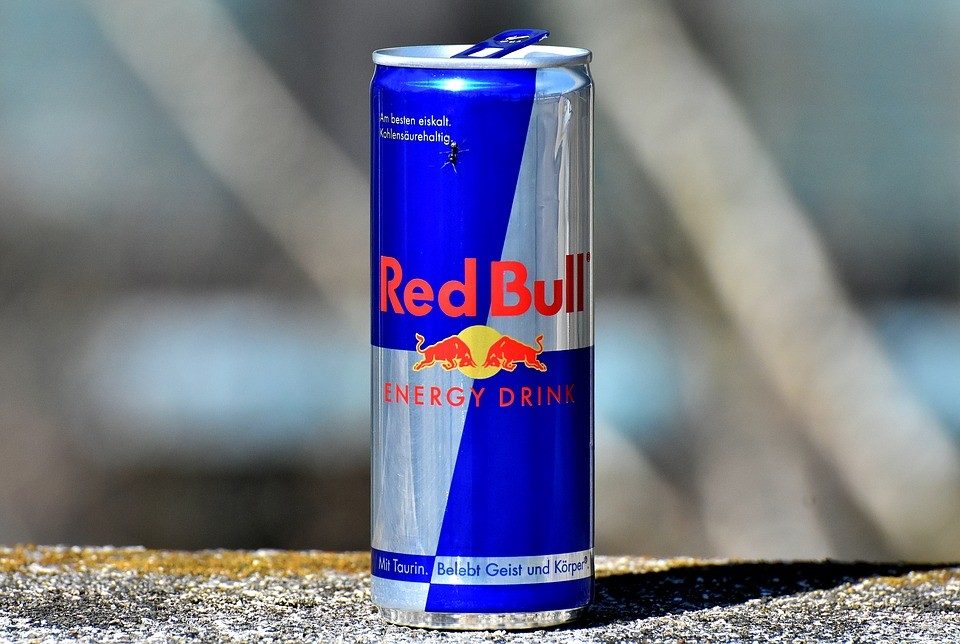Tie Found Between Underage Drinking and Caffeine

The Correlation Between Underage Drinking and Caffeine
It has been widely publicized that college-age drinkers who combine caffeinated beverages and alcohol experience poor health outcomes. Those individuals are far more likely to require care at a hospital because of their risky decision-making when it comes to alcohol. Now, new evidence suggests that younger Missouri residents involved in underage drinking may also be mixing highly caffeinated drinks with alcohol, leading to an increase in health problems among younger adolescents.
The new information comes from a study conducted by an East Coast university’s school of public health.
Reports show that teens are not only at risk for combining caffeine with alcohol in the form of energy drinks or shots, but they may also over-indulge in soda that contains relatively high levels of caffeine. Teens who began drinking between ages 11 and 13 tended to consume more caffeinated alcoholic beverages, most of which included soda, coffee and tea. Those drinks do not necessarily contain the much-maligned energy drinks that have been known to cause harm to young bodies.
The study shows that caffeine and alcohol tend to go together for younger drinkers. Those who choose to consume alcohol with energy drinks suffered the worse health effects, as they were more likely to binge drink, suffer alcohol-related injuries and even get into fights. Drinkers who mixed alcohol with caffeinated beverages such as soda also suffered from a higher risk for these events, though they were not as high as those who consumed alcohol with energy drinks.
Experts in the field say that energy drinks provide a certain image for underage drinkers, who want to appear to be cool in front of their drinking friends. In addition, the combination of alcohol and caffeine can prove dangerous because teens do not feel as acutely intoxicated, so they tend to drink more.
Ultimately, this type of study helps scientists and politicians understand more about helping underage drinkers avoid the ill health effects that come along with early drinking. By providing more information to communities with young people, additional legislation can be passed that will require adults to take action to prevent underage drinking, rather than placing all blame on the youngsters themselves.
Source: www.reuters.com, “Mixing caffeine, alcohol common for underage drinkers” Shereen Jegtvig, Nov. 08, 2013

